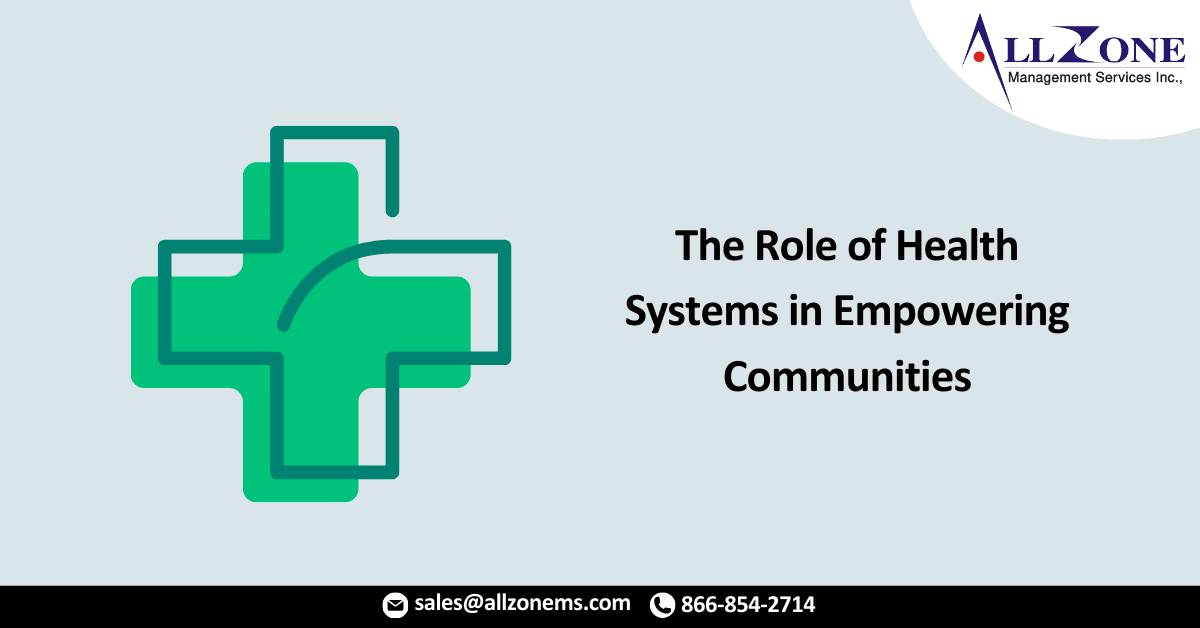With all that has happened over the past year, from the coronavirus pandemic to ongoing social justice movements, healthcare workers and organizations are standing in solidarity with their communities like never before.
While these corresponding pandemics emphasize the need for healthcare organizations to empower the communities they serve, they also highlight the necessity to do so even when this period is over.
To do so, organizations must restructure their systems to care for patients both in and out of the clinical setting, according to Anjali Taneja, the executive director of Casa de Salud, a grassroots integrative primary care clinic in Albuquerque, New Mexico.
“There’s a need for healthcare to be deeply empathetic, to have a great situational awareness of what’s going on around us, to see our patients affected by these pandemics and to provide psychological safety within our teams – and with and for our communities,” Taneja said Thursday during a Patient Experience Digital Series keynote presentation.
HOW TO BUILD SYSTEMS THAT EMPOWER COMMUNITIES
To best serve their communities, healthcare organizations should integrate the specific needs of their patient populations into their care offerings, especially when working with marginalized groups, Taneja said.
This was a core tenet for Casa de Salud when it began in 2004. Its first iteration combined Western medicine with traditional healing practices, offering walk-in services after hours, providing opioid addiction treatment and offering care for patients in both English and Spanish.
“Our work has responded over the years to the needs that exist in our community,” Taneja said. “The ability to be nimble, transparent, accountable to our community and get input from our community has been so critical as we have grown.”
The agility and the relationship Casa de Salud has with its community are what enabled it to respond to the COVID-19 pandemic, according to Taneja.
Another aspect of integrating the needs of the community into the framework of a health system is to diversify the workforce.
“2020 really highlighted for us how important it is to have healthcare providers who look like our community and who are from our community,” Taneja said.
Casa de Salud runs a health-apprentice fellowship program that trains students from the area on how to care for patients, check vital signs, chart patient information, draw blood and more. The program has mentored many of its apprentices into careers in healthcare, and, in 2015, 10% of incoming medical school students at the University of New Mexico were former Casa de Salud apprentices, according to Taneja.
“That work is so critical, and there are so many ways we can all be doing mentoring and supporting folks in communities, especially young people of color, to help transform and diversify the healthcare system,” she said.
For health systems to truly create structural change, they must work with their patients, instead of simply advocating on behalf of them, according to Taneja.
“We see people as the things that affect them and we see the struggles they’re going through, especially in the time of COVID, and we are actively responding to support them, hand-in-hand with them,” Taneja said.
Casa de Salud operates a patient coalition that has conducted medical debt training courses and regional health planning, and has advocated for policy change at both the local and state level.
Above all, for health systems to empower their communities, considering factors such as empathy, communication and emotional intelligence is critical, according to Taneja.
While there is still a long road to realizing Taneja’s life passion of building systems of care that are clinically effective as well as culturally connected, she is motivated by the ongoing effort of healthcare workers during the pandemic.
“We have many battles ahead of us, including equitable vaccine distribution, including being ready for whatever comes next and including changing our own healthcare systems step by step,” Taneja said.
For More Information: https://www.healthcarefinancenews.com/news/role-health-systems-empowering-communities

